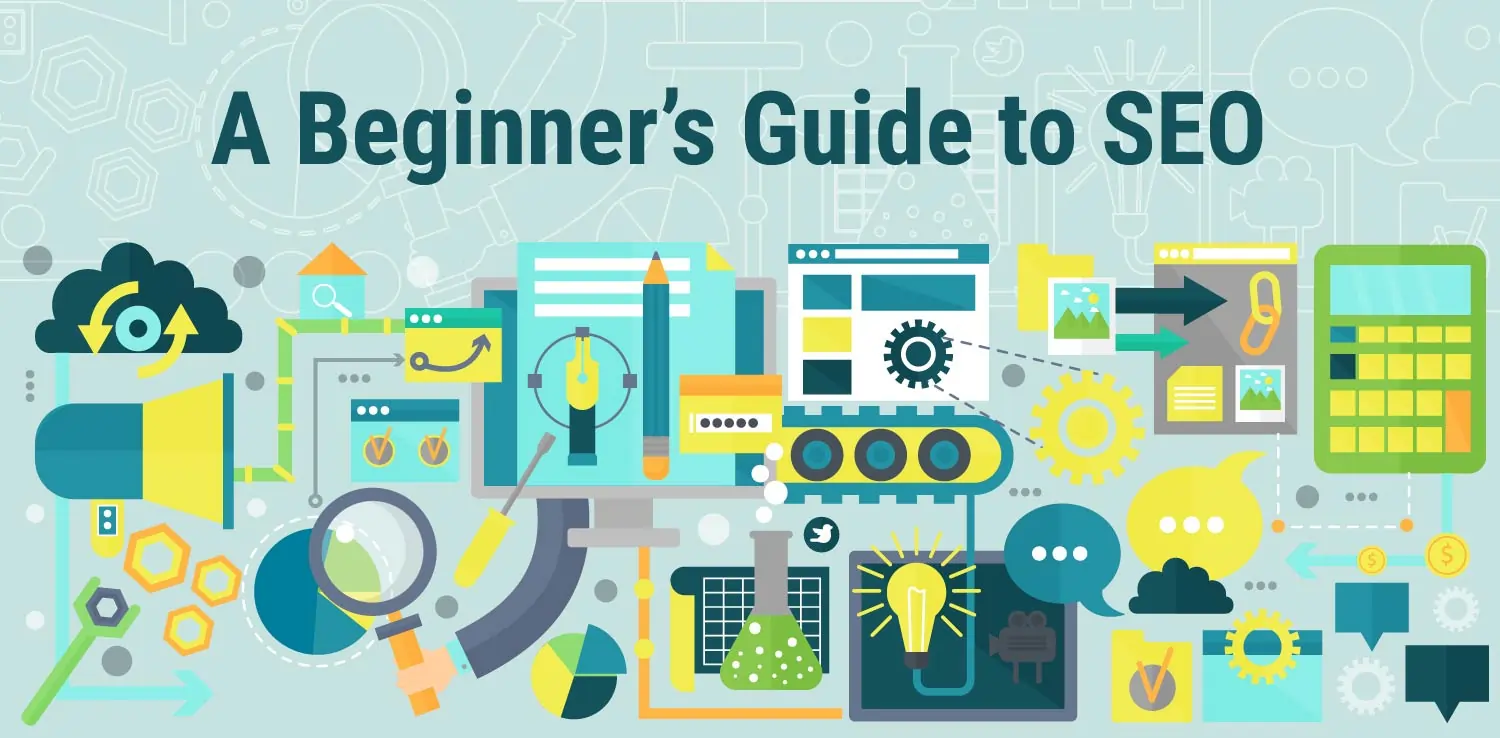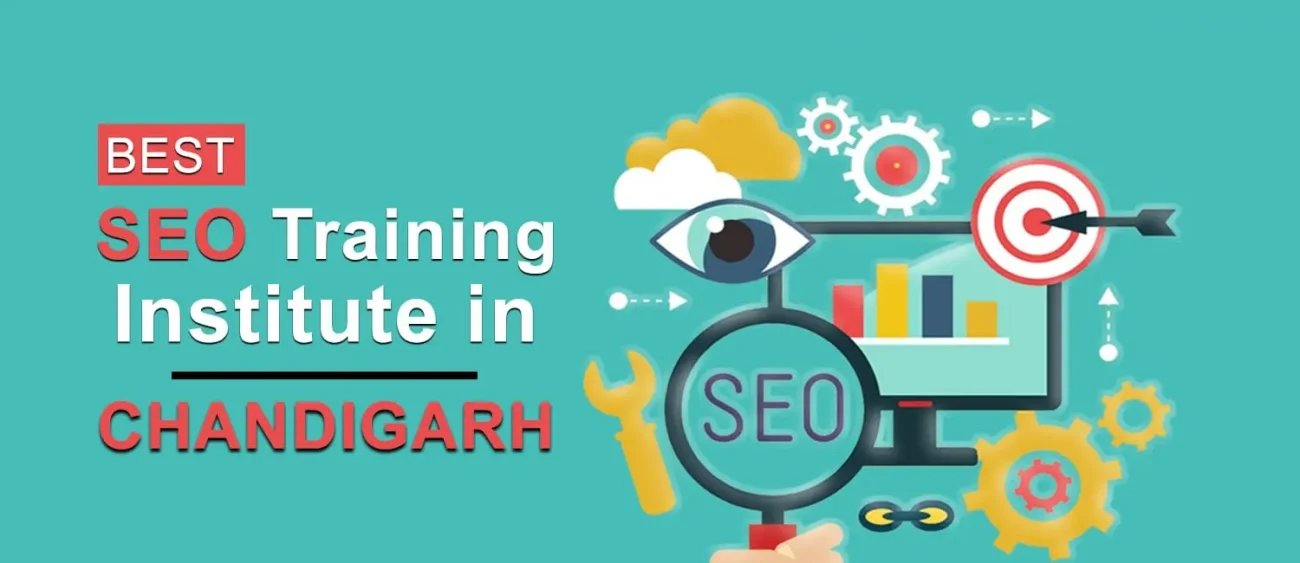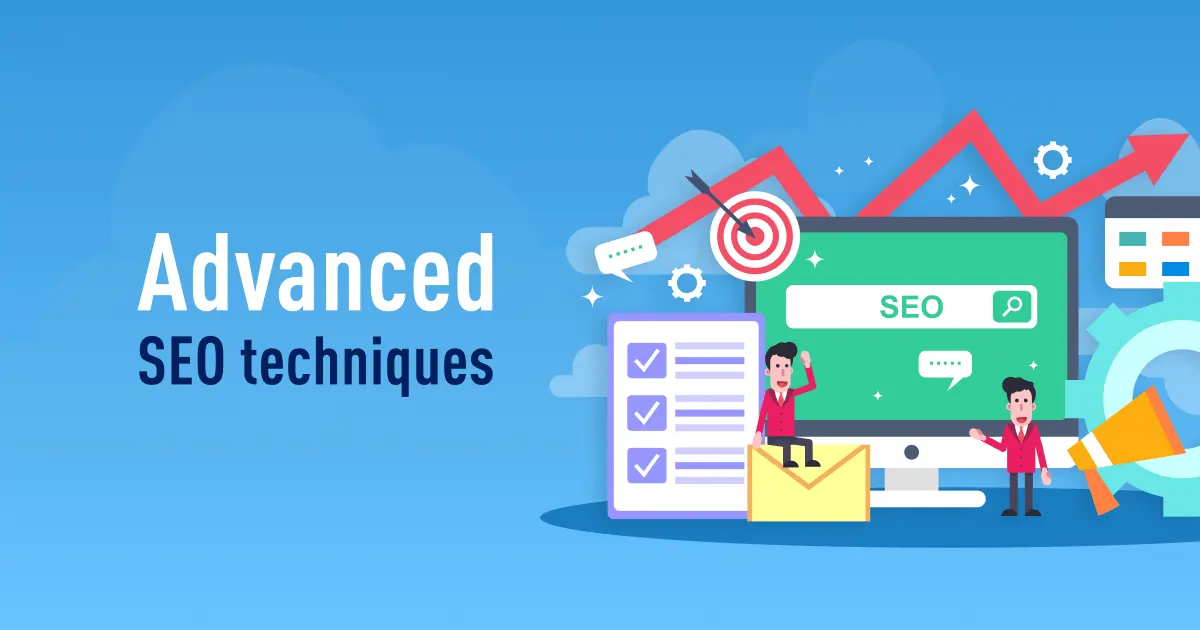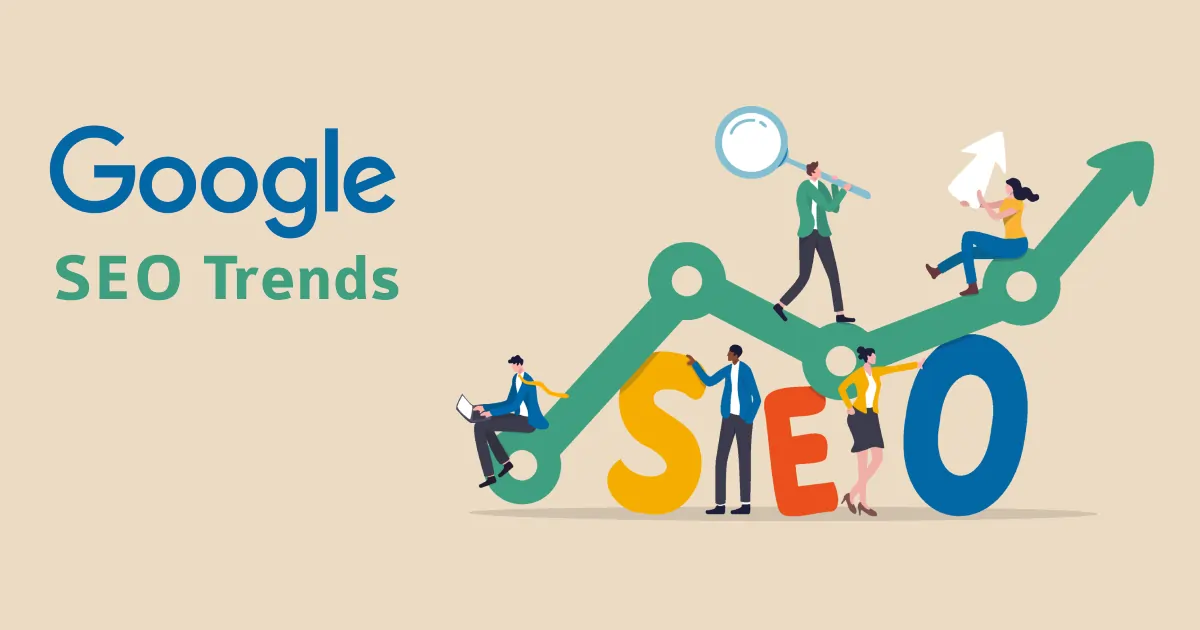Learn SEO for Beginners, Types of SEO, and the Scope of SEO in 2023

Learn SEO for Beginners in 2023
If you’re new to SEO (Search Engine Optimisation) and want to learn more, you’re in the right place. The Scope of SEO in 2023 is the process of improving the exposure and rankings of websites and their content on search engine result pages (SERPs). In this guide, we’ll talk about the basics of SEO, the different kinds of SEO, and what SEO will be like in 2023.
What does SEO mean?
SEO is a set of strategies and methods that help search engines like Google, Bing, and Yahoo send more organic (not paid) traffic to a website. The end goal of The Scope of SEO in 2023 is to get more and better traffic to a website by making it rank higher for relevant search terms.
Types of SEO
On-Page SEO
On-page SEO will still be an important part of optimizing a website for search engines in 2023. Here are some important things to think about for on-page SEO:
Keyword research and optimization
Do thorough keyword research to find relevant keywords and phrases that your target audience is looking for. Use these terms to optimize the page titles, headings, meta descriptions, and body text on your website. But make sure your content flows well and gives readers something of value.
User experience (UX) optimization
Make sure that your website is easy to use and runs smoothly. Make sure your pages load fast, work well on mobile devices, and are easy to use. Pay attention to things like how easy it is to read, how it is formatted, and how it uses multimedia features to keep people interested.
High-quality content creation
Make content that is useful, unique, and full of information that meets the wants and interests of your audience. Make detailed articles, blog posts, and other types of content that show you are an expert in your area. Include relevant keywords in your writing in a natural way while keeping it easy to read.
Structured data markup
Use structured data markup on your website to tell search engines more about the content you have there. This markup helps search engines understand your website better and can lead to better search engine listings with rich pieces like star ratings, reviews, and event information.
Title tags and meta descriptions
Write title tags and meta descriptions for your web pages that are clear and interesting. These things show up in search engine results and are very important for getting people to click on your website. Use important keywords in your titles and meta descriptions and make them interesting to increase click-through rates.
URL structure
Make URLs for your web pages that are clear and tell what the page is about. Add important keywords to the URLs to help search engines figure out what the page is about. Don’t use long URLs that are hard to understand or have symbols or options that aren’t needed.
Internal linking
Set up a strong system of internal links all over your website. Link pages that belong together and use detailed anchor text to help search engines find and understand how your content fits together. Internal links also help people get around your site and find the information they need.
Image optimisation
Use descriptive file names and alt tags to improve your photos. Compress the picture files to make them smaller without losing quality. This can help speed up the time it takes for a page to load. Optimizing images helps with both SEO and the user experience.
Integration of social media
Add sharing buttons for social media to your web pages to get people to share your information. Social signs like likes, shares, and comments can indirectly affect how visible and popular your website is and how many people visit it.
Regular tracking and tweaking
Use web analytics tools to keep an eye on how your website is doing. Analyze data on user behavior, bounce rates, conversion rates, and other important measures. Make small changes to your on-page The Scope of SEO in 2023 plan based on what you’ve learned.
Off-Page SEO
Off-page SEO is the term for things you do outside of your website that still affect how it ranks in search engines. Here are some important off-page SEO things to think about the Scope of SEO in 2023.
Link building
Building backlinks to your website that are high-quality and relevant is still an important off-page SEO tactic. Focus on getting links from websites that are well-known and trusted in your business. This can be done through things like guest blogging, reaching out to influencers, promoting content, and making useful tools that other people will want to link to.
Social media engagement is a big part of off-page SEO, and social media sites are a big part of that. Engage with your audience on social media by sharing your content, taking part in conversations, and making connections with people who have a lot of impact. Sharing and commenting on social media can indirectly help people find your website and bring in free traffic.
Management of your online reputation
Keep an eye on and take care of your online reputation to build trust and trustworthiness. Respond to customer reviews and quickly deal with any bad comments. Encourage happy customers to write good reviews and comments on review sites that people trust.
Mentions and citations of your brand
Try to get your brand named or cited on other websites, even if they don’t link back to yours. Mentions of brands can help people find and believe in your website. Keep an eye on where your company is mentioned and talk to users and publishers who do.
Influencer marketing
Work with influencers and experts in your field to increase the reach and exposure of your brand. Influencers can tell their audience about your content, products, or services, which can lead to more exposure for your business and possibly backlinks.
Guest blogging and content contributions
Send high-quality guest posts or pieces to reputable websites and industry magazines. This lets you show off your knowledge, build trust in your business, and get valuable backlinks. Make sure that the guest posts you send to a website are useful and full of useful information.
Local SEO optimisation
If your business has a physical address or serves a certain area, you should optimize your website for local search. Claim and improve your Google My Business page, make sure your NAP (Name, Address, Phone) information is the same across online directories, and ask local customers to leave online reviews.
Participation in online communities
Join online groups and sites that are related to your business. Give helpful ideas, answer questions, and take part in conversations. Building a good name in these groups can bring people to your website and help you find new customers.
Influencer partnerships and collaborations
Work with other businesses or influencers in your field to promote each other’s content or goods. This can help you meet more people and bring new people to your website.
Online PR and brand mentions
Get to know journalists, bloggers, and reporters who write about topics connected to your business and build relationships with them. Send newsworthy stories, press releases, or expert views to the media to get your brand mentioned and your name in the news.
Remember that off-page SEO is about building a strong online profile, establishing credibility, and getting high-quality backlinks. Focus on making useful connections and giving value to your target audience, and your off-page SEO will improve on its own.
Technical SEO
Technical SEO will still be an important part of optimizing a page for search enginesthe Scope of SEO in 2023. Here are a few important basic SEO issues to think about:
Core Web Vitals
Google’s Core Web Vitals are a set of measures for user experience that focus on how quickly a page loads, how interactive it is, and how stable it looks. Pay attention to measures like Largest Contentful Paint (LCP), First Input Delay (FID), and Cumulative Layout Shift (CLS) to make sure your website runs smoothly and quickly.
With more people using their phones, it’s important to make sure your website is mobile-friendly. Make sure your website looks good and works well on mobile devices by using responsive design, adjusting word sizes, and making sure tap targets are in the right place.
Site speed optimisation
The speed at which a page loads is important for both search engines and users. Optimize the speed of your website by keeping file sizes as small as possible, taking advantage of browser caching, reducing server response time, and using content delivery networks (CDNs) to get your website’s assets to visitors faster.
Make sure that search engine bots can easily crawl and index the information of your website. Use a robots.txt file to control which pages should be crawled, improve your website’s internal linking structure, and fix any crawl mistakes found by tools like Google Search Console.
XML sitemaps
Make an XML sitemap and send it to search engines to help them find and process the pages on your website more quickly. Make sure the sitemap is up-to-date, has all the important pages, and meets the rules of the search engine.
Schema markup
Use the vocabulary from schema.org to put structured data markup on your page. Schema markup gives search engines more context and information, which can make your website more visible in search engine results with rich snippets and other improvements.
HTTPS and website security
Make sure your website is served over HTTPS and is protected with an SSL certificate. HTTPS is a ranking signal, but it also helps users trust the site and protect their info. To protect user data and keep your website’s identity, you should regularly check for and fix any security holes on your site.
Canonical tags
Use canonical tags to show which version of a web page is chosen when there are more than one (for example, www vs. non-www, HTTP vs. HTTPS). Canonical tags help pull together ranking cues and stop problems with duplicate content.
URL structure
Make URLs that are easy for both users and search engines to understand by making them clean and clear. Don’t use too many parameters, session IDs, or URLs that are made on the fly. Use hyphens to split words in the URL and make it as short and useful as possible.
Technical site audits
Do regular technical SEO audits to find and fix any technical problems that could hurt the speed and visibility of your website. Check things like broken links, duplicate content, page load speed, mobile compatibility, and the use of organized data.
As search engine algorithms change, it’s important to know the latest best practices and rules for technical SEO. Keep an eye on your website’s technical performance and make any changes that are needed to make sure users have a good time and boost your search engine results.
Scope of SEO in 2023
As of 2023, the scope of SEO is still growing, and this is due to a number of things:
People continue to use search engines to find information, goods, and services. Because of this, SEO is an important part of digital marketing strategies.
Search engine algorithms are always changing. Search engines like Google update their algorithms to provide more relevant and high-quality search results. This gives SEO professionals both new possibilities and challenges.
Voice search and mobile optimization
With the rise of voice helpers and mobile devices, it is now important for SEO success to optimise for voice search and mobile devices.
Local SEO
Local SEO is the process of improving the exposure of a website or other online presence in local search results. It helps businesses focus on specific places and find customers there. Here are some important things to think about for local SEO in 2023:
Google My Business (GMB) Optimisation
Claim your Google My Business page and make it as good as it can be. Make sure that the information about your business (name, address, and phone number) is correct and the same in all online listings. Give detailed descriptions of your business, choose important categories, upload high-quality photos, and ask customers to leave reviews.
Local Keyword Research
Do keyword research that is specific to the area you want to reach. Find keywords with location modifiers and use them naturally in the text, headings, titles, and meta tags of your website.
area-Specific Landing Pages
For each area you serve, make a separate landing page on your website. To meet the needs of local customers, you should optimize these pages with content, testimonials, service details, and contact information that are special to the location.
Online Reviews and Ratings
Ask your customers to leave reviews and ratings on Google, Yelp, and directories that are specific to your business. Respond to both good and bad reviews to show that you care about your customers. Positive reviews and high ratings can make your business more visible in local search results and bring in new customers.
Local Citations and Directories
Make sure that your business is listed correctly and regularly in all of the local citation sites and directories that are important to you. Include your NAP (Name, Address, Phone), as well as other information like your website’s URL, business hours, and a description. Yelp, Yellow Pages, and Bing Places are all examples of well-known listings.
Online Maps and Navigation
Make sure your website and ads are optimized for search results that are based on maps. Make sure your address and other contact details are clear and easy to find. Put a map on your website to make it easy for people to find their way around.
Mobile Optimisation
As the number of people using mobile devices keeps going up, make sure your website is mobile-friendly and adaptable. Mobile optimization is important for local SEO because many people use their phones to look for local businesses while they are out and about.
Local Content and Blogging
Write blog posts that are important to the people you want to reach in your area. Write blog posts, articles, or guides about local events, themes, or styles. This helps people in the area know that you are an expert and brings them to your site.
Local Link Building
Look for ways to build local links, like partnering with local businesses, sponsoring community events, or joining local groups. Local links from trusted sites can help your local search rankings.
Voice Search Optimisation
Voice assistants and smart speakers are becoming more and more popular, so make sure your content is ready for voice search requests. Think about using everyday words and giving answers to common questions about your business and where it is.
Keep in mind that local SEO is an ongoing process, and it’s important to keep an eye on how well your business does in local searches, make regular improvements, and adjust to changes in how search engines work. You can improve your online presence by using these local SEO tactics.









